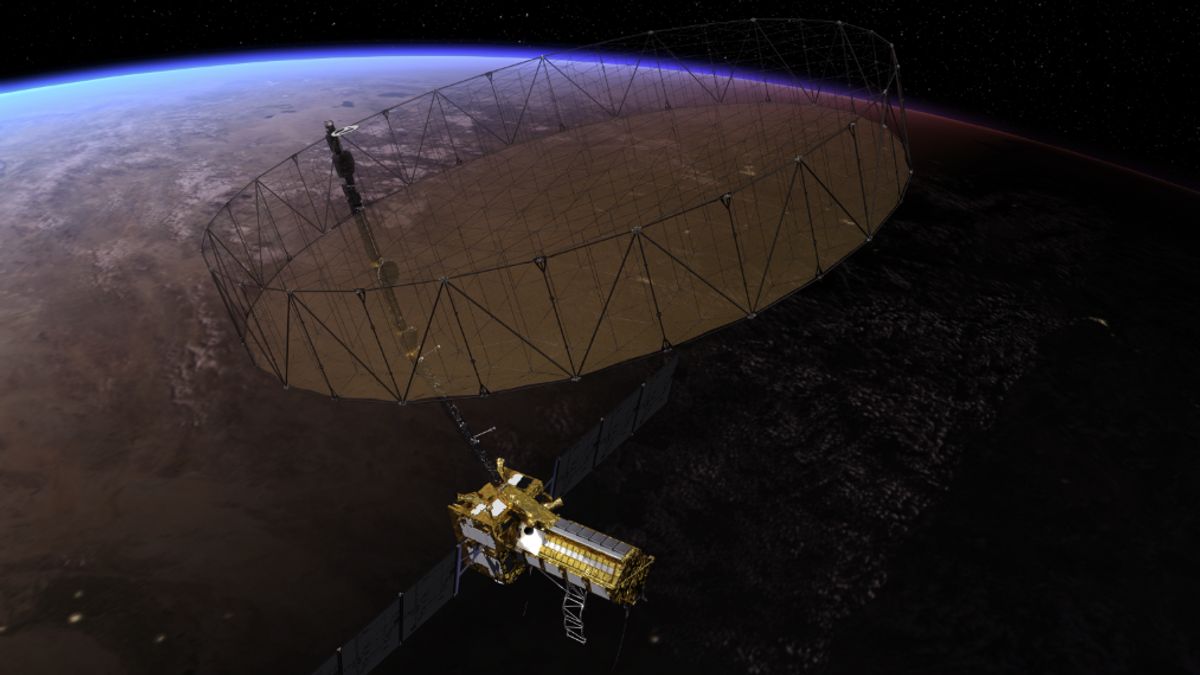JAKARTA - NASA-ISROSynthetic Aperture Radar (NISAR), an observer's radar satellite, will launch earlier this year. This satellite will be used to record Earth's conditions in various weathers.
NISAR will record and record important signs from Earth such as wetland conditions, changes in soil shape due to the volcano, to dynamics from ice on land and oceans around the world, but focus on Intergalactics and Greenland.
Especially for ice observations, NISAR will provide an overview of the movement and deformation of the ice surface. This observation is very important considering that the ice in the world is moving and melting faster.
"We need to better understand the process that is taking place and NISAR will make measurements to do this," said NASA Jet Propulsion Laboratory (JPL) Glacier Alex Gardner in an official statement.
One thing that is interesting about NISAR is its deep observational capabilities. This radar satellite can collect data from the interior of the Antarctic area near the South Pole. This capability is not owned by other radar satellites.
Scientists are also interested in this project as NISAR will study the ice movement flowing from the highland of central Antarctica to the sea. This measurement will be very useful for studying ice and sea gatherings up close.
SEE ALSO:
"NISAR will give us a consistent time-lapse film about the movement so we can understand how and why it changed," said NISAR Glacier Ian Joughin.
Although the launch date has not yet been released, NASA has confirmed that the NISAR will be launched this year from South India. After the launch is successful, NISAR will work twice in 12 days using two radars, namely L-band and S-band.
The L-band will be used to track the ice movement at the bottom as this radar vision can penetrate the snow. Meanwhile, the S-band is very sensitive to snow humidity. Its vision is able to penetrate the clouds and darkness.
The English, Chinese, Japanese, Arabic, and French versions are automatically generated by the AI. So there may still be inaccuracies in translating, please always see Indonesian as our main language. (system supported by DigitalSiber.id)


















